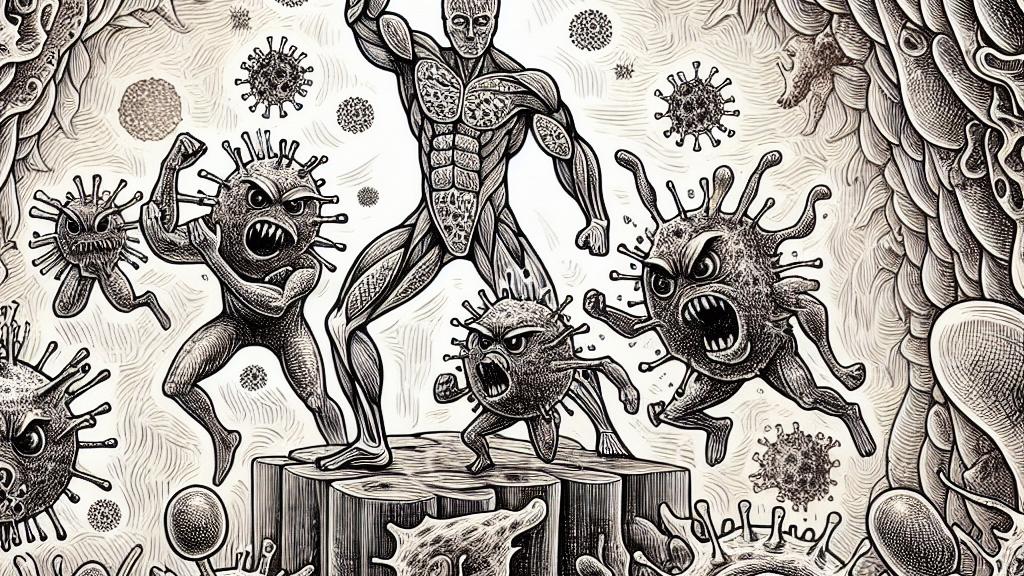How T Cells Prepare for Acute Infections
Overview
- T cells rapidly develop precursors at the onset of infections.
- Some of these precursors resemble exhausted T cells seen in chronic infections.
- Understanding T cell dynamics can significantly enhance therapeutic strategies.

The Indispensable Role of T Cells
T cells act as the vigilant guardians of our immune system, constantly monitoring for threats and preparing to combat infections. Imagine them as elite warriors; they don't simply wait for an enemy to strike. Instead, they proactively gather information and organize their forces long before any signs of illness appear. Recent research highlights that during acute infections, our bodies initiate a fascinating process of T cell precursor formation. This variety is reminiscent of a team of specialists ready for different types of combat—whether against bacteria, viruses, or even cancerous cells. Such preemptive action underlines the evolutionary brilliance of our immune system, confirming its ability to adapt and respond efficiently.
Exhausted Precursors: A Double-Edged Sword
Within this diverse array of T cell precursors, it's notable that some share characteristics with exhausted T cells typically seen in chronic infections. This resemblance is intriguing—it's like finding an Olympic athlete who's already showing signs of fatigue before the race has even begun! This early exhaustion raises a critical question: How does it affect our immune response? Take, for instance, cancer patients where T cells are persistently active. The presence of these precursors might compromise the body’s ability to mount a full-fledged immune attack, potentially allowing tumors to thrive. Recognizing this paradox urges us to delve deeper into T cell development, highlighting not just what they are, but what they could become in the face of chronic challenges.
A New Era in Disease Management Through T Cell Research
Exploring the intricate world of T cell precursors provides exciting opportunities for advancing treatment options for various diseases, including autoimmune disorders, diabetes, and even viral infections like COVID-19. Imagine harnessing the full potential of these precursors right from their inception; that could revolutionize therapeutic approaches! For example, CAR T-cell therapy—where we engineer a patient's own T cells to fight off aggressive tumors—could see enhanced effectiveness with a more robust precursor pool. Picture a scenario where these fine-tuned immune cells not only fight cancer but also remember and defeat it should it attempt a comeback. The potential here is not just theoretical; it’s paving the way for innovative healthcare strategies aimed at enhancing patient survival and quality of life. Indeed, the future of immunology is bright, full of promise, and just around the corner.

Loading...